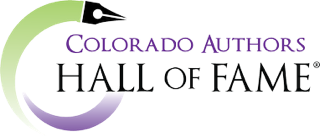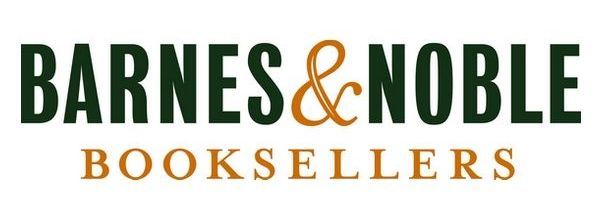Meet the 2023 Inductees
LIVING
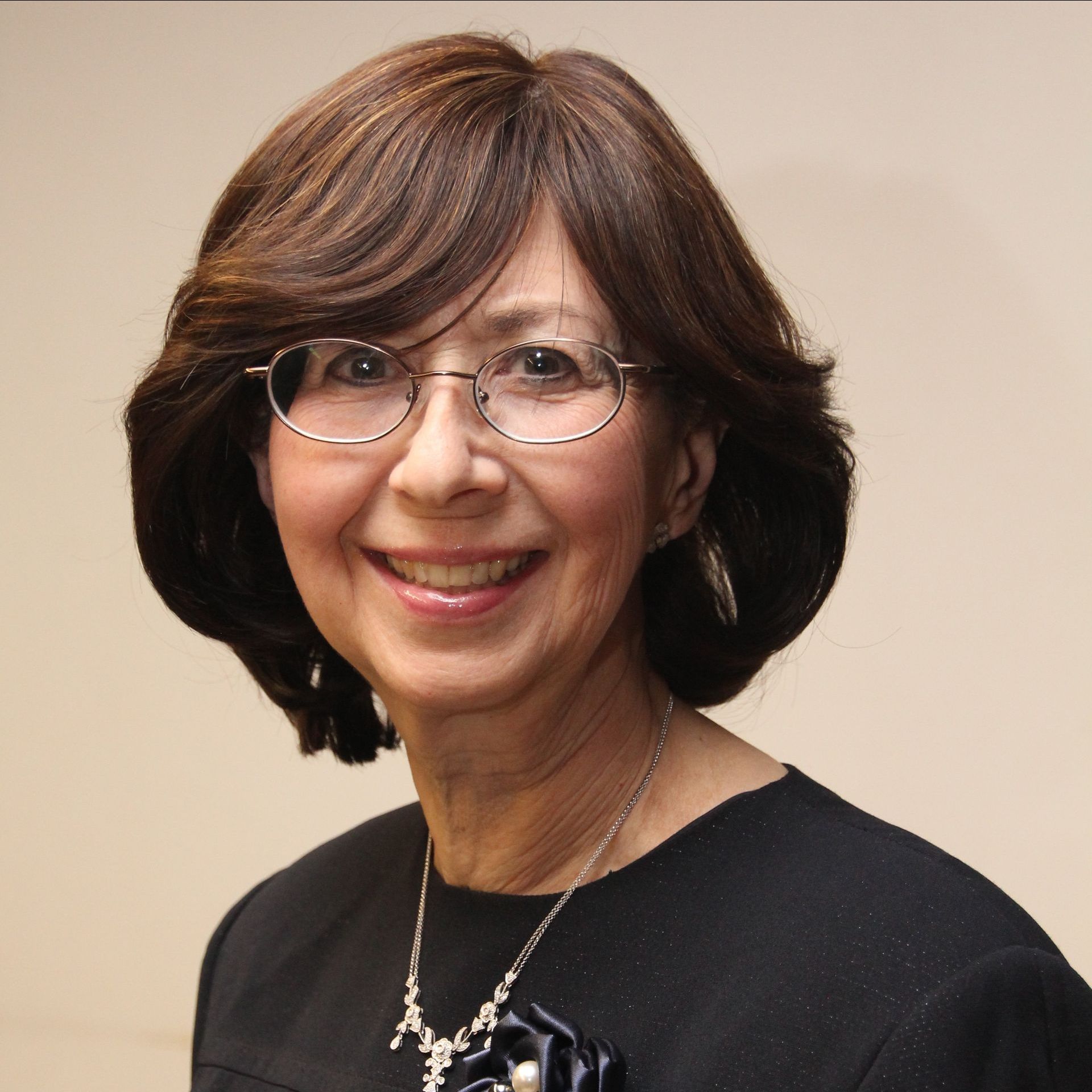
Jeanne Abrams
Jeanne Abrams is a member of the faculty of the University of Denver in the Center for Judaic Studies and University Libraries. She has served as the longtime curator of the Beck Archives of Rocky Mountain Jewish History, part of Special Collections at the University of Denver Libraries, and she is well known locally as well as nationally for her expertise in medical, early American, and American Jewish history.
Dr. Abrams is the author of six books including Jewish Women Pioneering the Frontier Trail: A History in the American West, Jewish Denver, 1859-1940, Dr. Charles David Spivak, A Jewish Immigrant and the American Tuberculosis Movement, and First Ladies of the Republic: Martha Washington, Abigail Adams and Dolley Madison. Her latest book is A View from Abroad: The Story of John and Abigail Adams in Europe.
Her Revolutionary Medicine: America’s Founding Mothers and Fathers in Sickness and Health Revolutionary Medicine was named one of the “Top Books for Docs” by Medscape in 2013.
A popular speaker, she is also the author of numerous articles in both scholarly and popular journals and magazines, including the frequently-cited essay, “Spitting is Dangerous, Indecent, and Against the Law”: Legislating Health Behavior During the American Tuberculosis Crusade,” Journal of the History of Medicine and Allied Sciences (January 2011).
In 2016, she received the University of Denver’s Lecturer Award for outstanding scholarship and research. Her Op Eds have appeared in the Washington Post, History Network News, and Time.
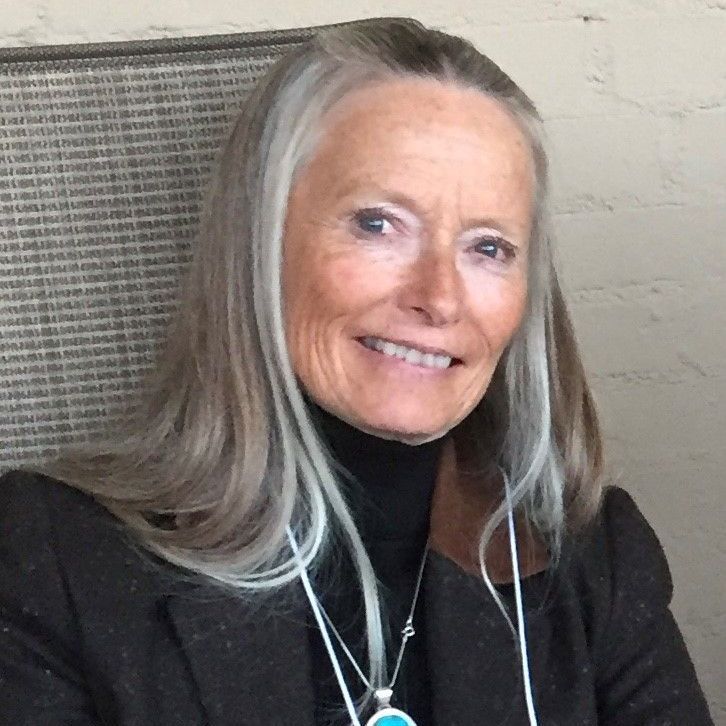
Kathleen O’Neal Gear
Kathleen O’Neal Gear is an American archaeologist and writer. She has won numerous awards for her work, including the Spur Award for best historical novel of the west, and two Special Achievement Awards from the U.S. Dept. of the Interior for her work as an archaeologist.
She is the author or co-author of 57 books and over 200 non-fiction articles. She started writing in Empire, Colorado, where she and her husband, W. Michael Gear, lived in a cabin with no running water for three years. Today, there are 18 million copies of her books in print in 29 languages.
Kathleen has already been inducted into the Women Who Write the West Hall of Fame through Indiana University, the Western Writers of America Hall of Fame, and the California State University Hall of Fame. In 2015, she was honored by the United States Congress with a “Certificate of Special Congressional Recognition” for her work, and in 2021, she and Michael received the Owen Wister Award for lifetime contributions to western literature. In 2023, they received the Frank Waters Award for exemplary literary achievement from the Pike’s Peak Library Foundation. Her website is www.Gear-Gear.com.
Her short story, No Quarter has won the Spur Award honor writers for distinguished writing about the American West. It is a Finalist for the Will Rogers Medallion Award that will be announce in October and the Western Fictioneers Peacemaker Award.
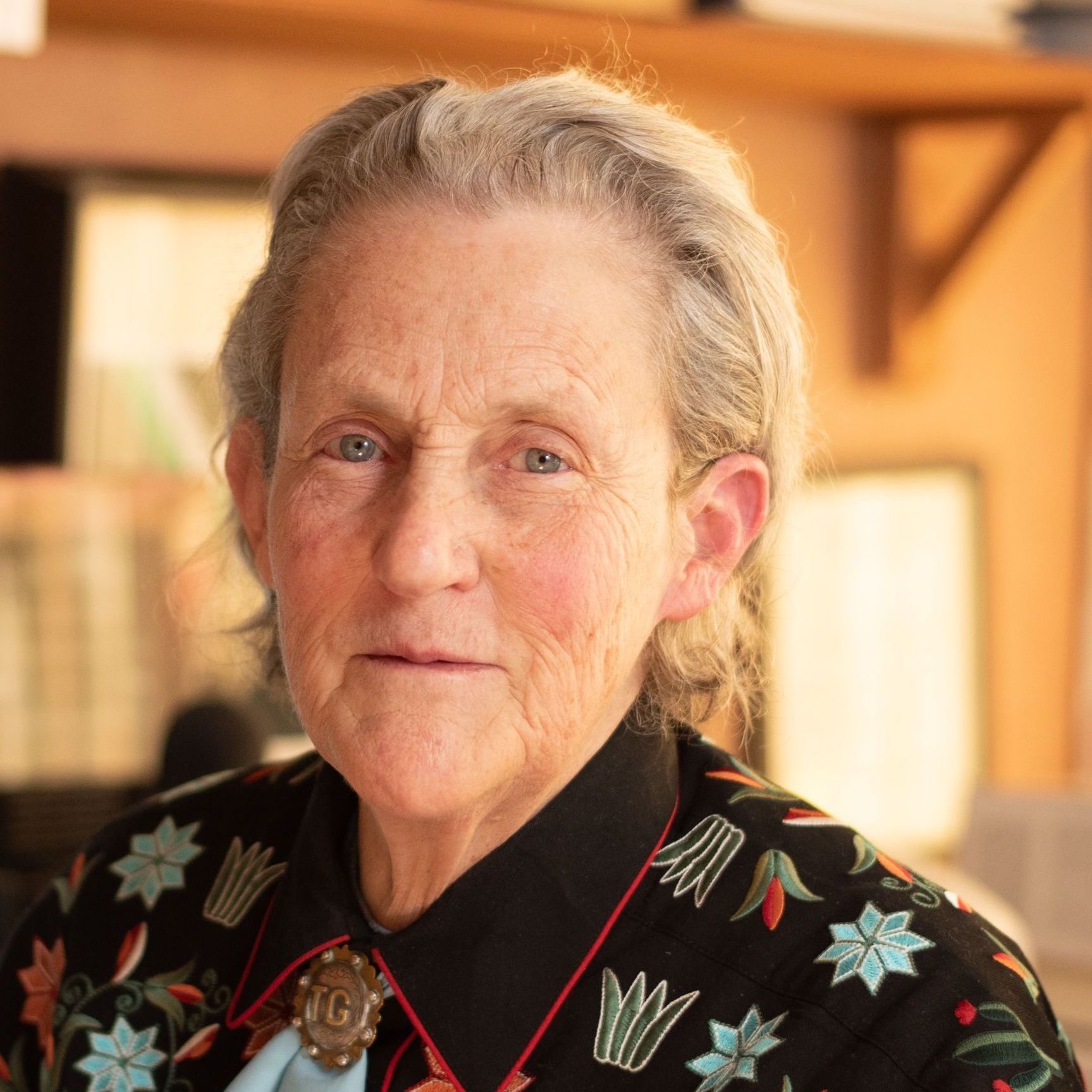
Temple Grandin
Temple Grandin is an American academic and animal behaviorist, and a prominent proponent for the humane treatment of livestock for slaughter. She is a Professor of Animal Science at Colorado State University.
She is the author of more than 60 scientific papers on animal behavior and serves as a consultant to the livestock industry to which she provides advice on animal behavior. She is also an autism spokesperson and one of the first autistic people to document the insights she gained from her personal experience with autism.
Temple has been instrumental in implementing animal welfare auditing programs that are used by McDonalds, Wendy’s, Whole Foods, and other corporations. Facilities she has designed for handling livestock are used by many companies around the world.
She has appeared on numerous TV shows including 20/20 and Prime Time. Her books include Thinking in Pictures, Livestock Handling and Transport and The Autistic Brain. Her books Animals in Translation and Visual Thinking have been on the New York Times Bestseller List.
Temple was inducted into the National Women’s Hall of Fame in September 2017 and in 2022 was named a Colorado State University Distinguished Professor.
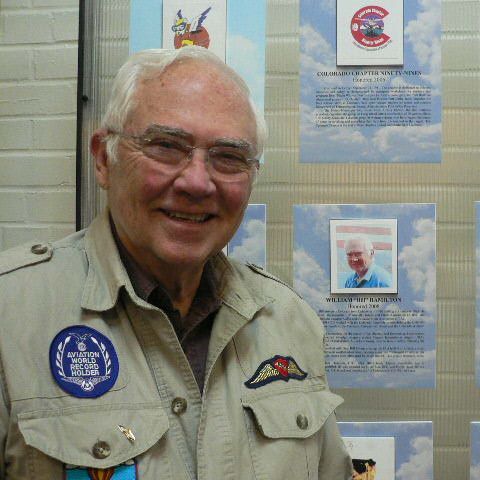
Bill Hamilton
Retired military officer, Bill Hamilton, started in journalism delivering papers for his hometown Anadarko Daily News. He went on to spend 19 years as a featured columnist for USA Today, within an overall 40-year career writing his weekly "Central View" opinion column for newspapers across the Great Plains.
He is a laureate of the Oklahoma Journalism Hall of Fame. In Colorado, with his wife, Penny, he co-authored four espionage novels, drawing largely on Bill's adventures as a Cold War "spook."
Bill is the author of the War During Peace: a Strategy for Defeat, his revealing history of the Vietnam War based on two years of combat in southeast Asia. He is a laureate of the Oklahoma Military Hall of Fame. With Penny, he co-holds a World Aviation Speed Record. He is a laureate of the Colorado Aviation Hall of Fame and the Nebraska Aviation Hall of Fame.
He was inducted into the Oklahoma Military Foundation Hall of Fame and was awarded with over 20 Air Medals. His military career awarded him the Silver Star, Distinguished Flying Cross, the Legion of Merit, four Bronze Stars and the Purple Heart.
In 2020, Bill was named Grand County Citizen of the Year.
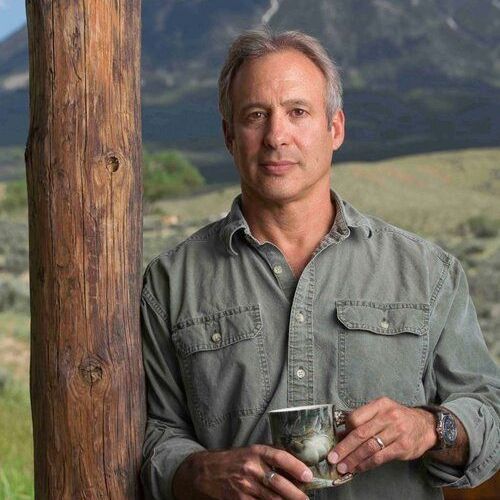
Peter Heller
Peter Heller is an environmentalist. He is a longtime contributor to NPR, and a former contributing editor at Outside Magazine, Men’s Journal, and National Geographic Adventure. He won a Michener fellowship for his epic poem, The Psalms of Malvine.
In 2007, Heller accompanied a team into the guarded dolphin-killing cove in Taiji, Japan. Outfitted with a helmet cam. he paddled into the inlet with other surfers while a pod of pilot whales was being slaughtered. “The Cove” went on to win an Academy Award that included the footage he shot.
What Surfing Taught Me about Love, Life, and Catching the Perfect Wave is his memoir and won the National Outdoor Book Award for Literature.
The Dog Stars was his debut book, earning the Apple iBooks Novel of the Year, Hudson Booksellers top fiction pick of the Year, and an Atlantic Monthly and San Francisco Examiner Best Book of the Year recognition.
The Painter won the Colorado Book Award, the Reading the West Book Award, Hudson Books’ top fiction pick of the year, and an Amazon Top Twenty.
Celine was an Entertainment Weekly top ten most anticipated book of 2017, and a Library Journal editor’s pick.
The River became a national bestseller, an Indie Next Pick, and has been included on many “Best Of” lists for 2019.
The Guide is his latest, a heart-racing thriller based in Colorado where a plot of shocking menace amid the natural beauty of sun-drenched streams and forests is uncovered.
He has worked as a dishwasher, construction worker, logger, offshore fisherman, kayak instructor, river guide, and world class pizza deliverer.
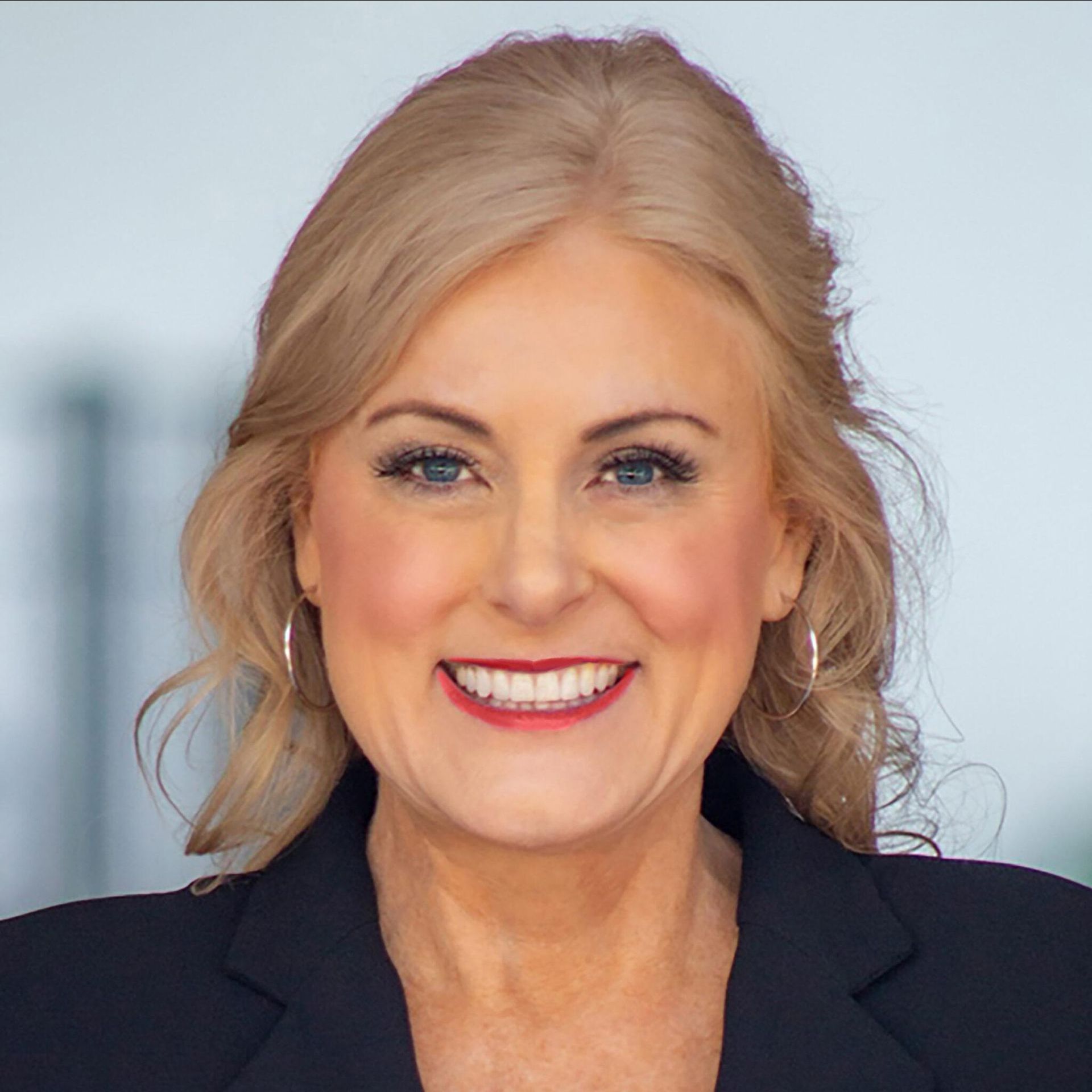
Commander/Dr. Mary Kelly
Commander/Doctor Mary Kelly (US Navy (retired), and Hall of Fame Speaker. Her experiences in leadership have led to 19 books, including the award-winning bestselling Master Your World, 15 Ways to Grow Your Business in any Economy, Money Smart; 360 Degrees of Leadership, Stop the Barking, and In Case of Emergency Break Glass.
While her dad can't understand why she's not on the New York Times best seller list, she has managed to rock the Amazon best seller list on more than one occasion. Her writing prowess even earned her the prestigious Benjamin Franklin Gold award.
Mary spent 25 years of active duty in the Navy. She was a military professor at the Naval Academy and a civilian professor at the Air Force Academy. She learned lessons in leadership in the first and second gulf wars and during 911 and has trained more than 40,000 military and civilian personnel.
Mary's move from the Navy was triggered by a severe case of John Denver song overload and an excessive number of Coors Light commercials. As an internationally renowned author and speaker in the fields of leadership, productivity, communication and business to improve profit growth, Mary has worked with hundreds of organizations and companies across the globe.
When she's not captivating audiences with her speaking prowess or crafting brilliant books, you can find Mary on the couch with her dogs, riding horses or ATVs, or liberating wine from a bottle.
So, whether she's commanding attention from a stage, conquering literary challenges, or being happy at happy hour, Mary says she is “an average gal trying to do an above average job” navigating life with style, grace, and humor.
Her website is www.ProductiveLeaders.com.
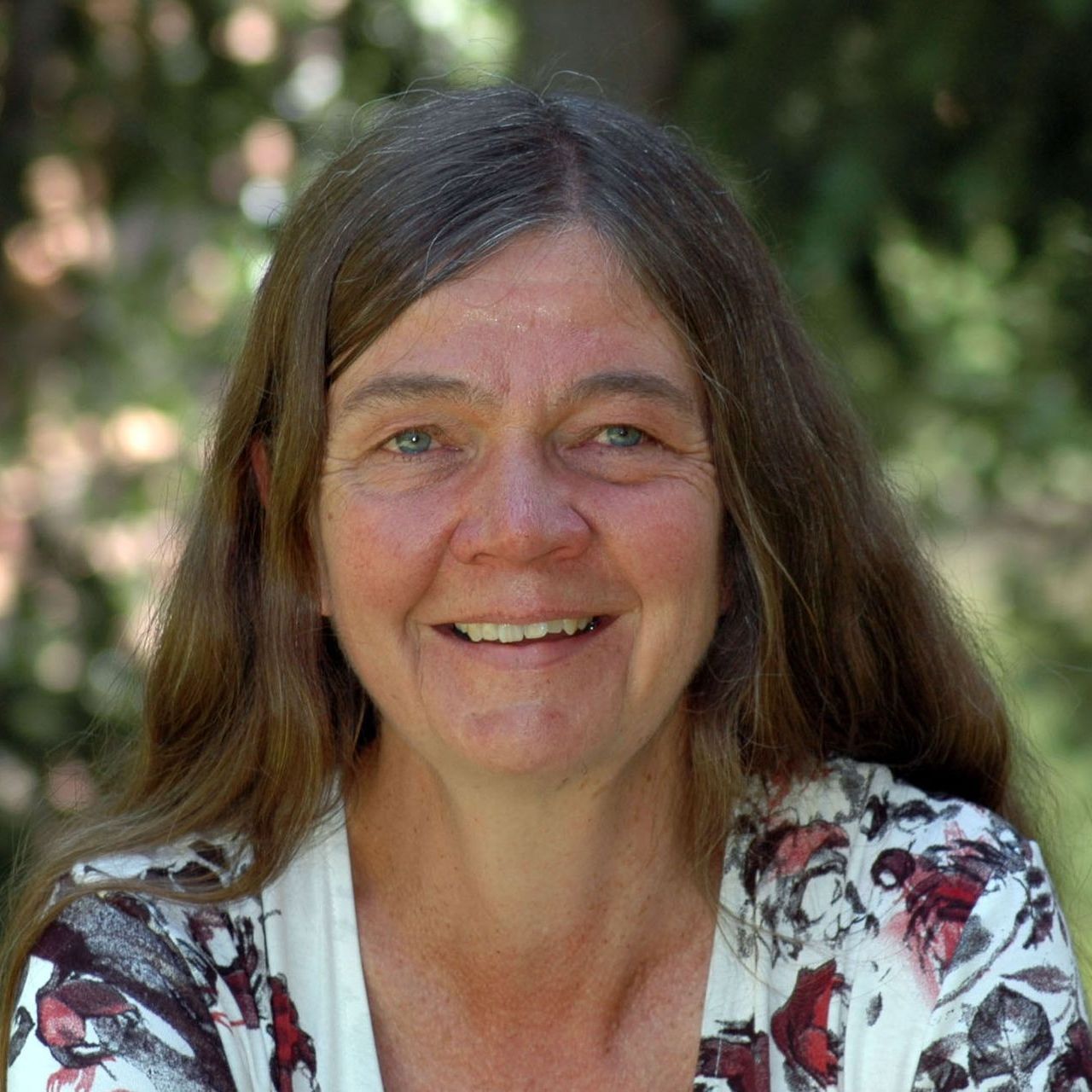
Patricia Nelson Limerick
Patricia Limerick has dedicated her career to bridging the gap between academics and the general public and to demonstrating the benefits of applying historical perspective to contemporary dilemmas and conflicts in the West. She was the Colorado State Historian and was appointed to the National Endowment for the Humanities advisory board, the National Council on the Humanities.
She is the and founder of the Center of the American West. Under her guidance, the Center published a number of ground-breaking studies. Over a dozen books have been published.
Her award-winning book, The Legacy of Conquest, literally opened and reimagined the interpretation of American history. Academics began viewing the settlement of the American West through a new and diverse lens. She has published over seventy-five academic articles and essays that educate the reader on current issues affecting the West.
Limerick is a Professor of History of the American West at the University of Colorado and the Director of the Applied History Initiative. She has received a number of awards and honors recognizing the impact of her scholarship and her commitment to teaching, including the MacArthur Fellowship and the Hazel Barnes Prize, the University of Colorado’s highest award for teaching and research. She has served as president of several professional organizations, advised documentary and film projects, and done two tours as a Pulitzer Nonfiction jurist, as well as chairing the 2011 Pulitzer jury in History. She regularly engages the public on the op-ed pages of local and national newspapers.
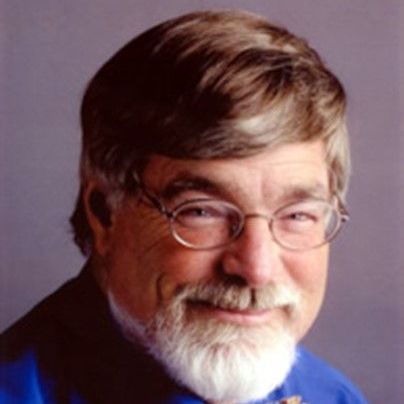
Thomas Jacob Noel
Thomas Jacob Noel is an emeritus Professor of History and Director of Public History, Preservation & Colorado Studies at the University of Colorado Denver. Tom is the author or co-author of 60 books and a longtime former Sunday columnist for the Rocky Mountain News and The Denver Post. He appeared regularly as “Dr. Colorado” on Channel 9’s “Colorado & Company.”
In 2018, he was Designated State Historian of Colorado and received the 2021 University of Colorado Board of Regents Medal for 50 Years of teaching, publishing over 60 books, delivering hundreds of public lectures, tours and programs and creating over 200 articles.
Tom’s book, Buildings of Colorado (Oxford University Press) won a top prize from the Colorado chapter of the American Institute of Architects. His Colorado: A Historical Atlas (Univ. of Oklahoma Press) won the High Plains, Angie DeBow and Colorado Book prizes for best Colorado history. Tom's website is: www.Dr-Colorado.com.
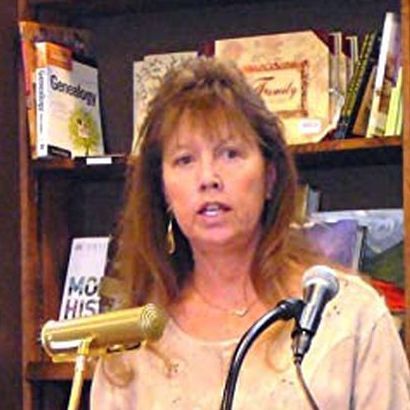
Linda Wommack
Linda Wommack is a six-time award winning author and a Colorado native. She began her career by entering a writing contest in The Rocky Mountain News in 1989. Her article, recounting the true story of a young boy who always rode his bike near her aunt's house and later Linda would marry, won First Place and was published in the paper.
Linda continued her writing career by writing for local and national magazines. Her first articles were always about Bob Womack, her great uncle who found gold in Cripple Creek. Finally, after claiming she really could write about other topics, True West magazine and the Colorado Gambler magazine, gave her the chance.
Today, she writes for four local and four national magazines. She has won two national awards for her magazine articles. Among her 18 books, all centered on Colorado history, she has earned five awards.
Linda is a long-time member and former board member of Women Writing the West and created the DOWNING Journalism award to recognize those outstanding journalists in the industry.
Linda is proud, yet humbled, to be inducted into the Colorado Authors Hall of Fame.
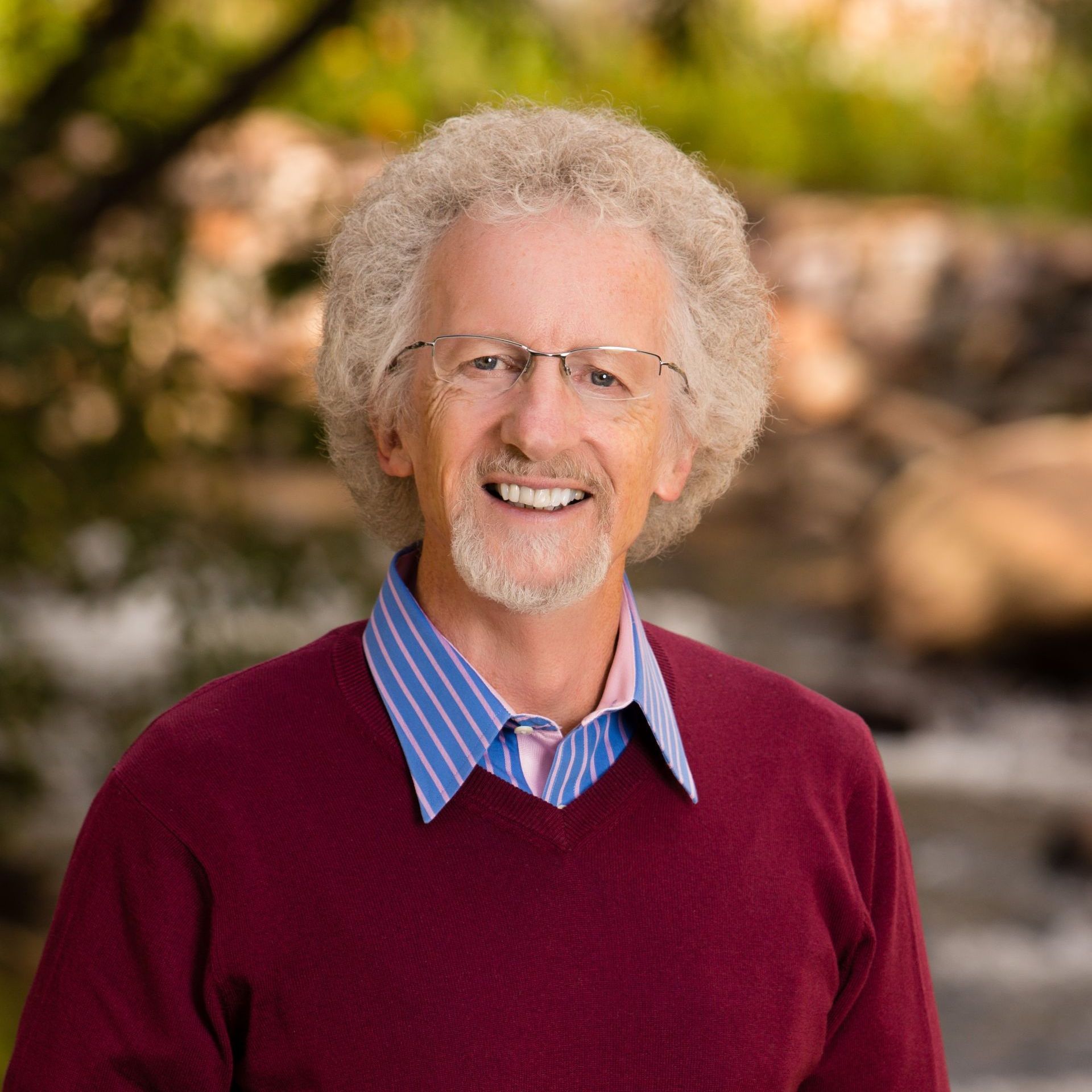
Philip Yancey
Philip Yancey’s writing career began in 1971, when I worked as an editor for a young adult magazine and in 1980, he took the plunge into fulltime freelancing. He’s written over 30 books, most still in print and considers himself a pilgrim “in recovery” from a bad church upbringing. For him, writing is such an introspective act that I look for ways to connect physically with the planet.
Philip has probed some of the deepest mysteries of the Christian faith, always from the perspective of an inquiring journalist, not an expert. Where is God When it Hurts? and Disappointment with God, dealt with pain and suffering, and as a result I’ve been called to speak in places like Columbine High School, Virginia Tech, Newtown CT, Sarajevo, and Fukushima. In his writing, he searches for the possibility of a faith rooted in grace instead of fear.
His memoir, Where the Light Fell, was released in 2021. His story of surviving a toxic church and dysfunctional family, and how he went through a period of agnosticism, and then warily circled back toward faith. Many of his book titles hint at that process: The Jesus I Never Knew, What’s So Amazing About Grace?, Reaching for the Invisible God, and Prayer: Does It Make Any Difference?
This year, he plans an eclectic string of book releases, including a new rendering of John Donne’s Devotions, written during a pandemic 400 years ago; followed by a personal account of a contemporary crisis, Russia’s war with Ukraine.
His website is www.PhilipYancey.com.
LEGACY AUTHORS
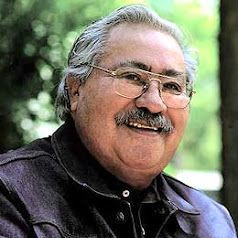
Abelardo “Lalo” Delgado
Abelardo “Lalo” Delgado (1931 – 2004) was a university professor, community organizer, and prolific writer. Lalo is considered el abuelito (grandfather) of Chicano literature. His poetry, frequently anthologized, is part of the lexicon of Chicano Studies programs on college campuses and the basis for his posthumous appointment as Poet Laureate of Denver.
Upon his death, the Los Angeles Times declared Lalo Delgado a “seminal force” in the development of Chicano literature, and the New York Times hailed him as a writer of “vivid descriptions of the injustices suffered by many Mexican-Americans.”
He was the author of 14 books, most of them self-published because publishers failed to accept Chicano literature as a legitimate literary art form. Delgado wrote in Spanish, English and a combination of the two. In so doing, he showed that Spanglish was “a legitimate form of communication.” He strived to make poetry available to his community by xeroxing his poems and selling them for 10 cents. He recited his poems in a booming voice everywhere - protest marches, meetings, picket lines, rallies, college classrooms, and in the streets.
After attending a conference where white educators blamed Chicanos for their failures in school and refused to recognize their creativity, Lalo poured out his anger in stupid america, one of his earliest and best-known poems, published in 1969. He wrote:
stupid america, remember that chicanito
flunking math and english
he is the picasso
of your western states
but he will die
with one thousand masterpieces
hanging only from his mind.
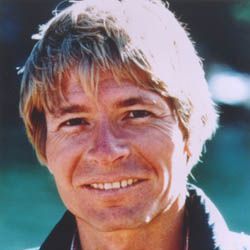
John Denver - December 31, 1943 - October 12, 1997
John Denver is one of the world’s best-known and best-loved performers, earning international acclaim as a songwriter, performer, actor, environmentalist and humanitarian. In the early sixties, he was urged by friends to change his name from Henry John Deutschendorf, Jr. if a recording career was to be in his future. He took his stage name from the beautiful capital city of his favorite state, Colorado.
In 1974, he was named poet laureate of Colorado. The Colorado state legislature also adopted "Rocky Mountain High" as one of its two state songs in 2007, and West Virginia did the same for "Take Me Home, Country Roads" in 2014. In 1982, he was honored with the Carl Sandburg’s People’s Poet Award. in 1994, he published his autobiography.
He solidified his position as a top star of the 70s with songs like “Take Me Home, Country Roads,” “Rocky Mountain High,” “Sunshine On My Shoulders,” “Annie’s Song,” “Back Home Again,” “Thank God I’m A Country Boy,” and “Calypso,” solidifying his position as one of the top stars of the 1970s, Denver contributed his talents to the benefit of many charitable and environmental causes and received numerous civic and humanitarian awards over the years.
John Denver died tragically in a plane crash on October 12, 1997. He was survived by his brother Ron, mother Erma and three children, Zak, Anna Kate and Jesse Belle.
Thirty albums and four decades after he began, his music and words are as relevant as ever. His humanitarian work continues to strengthen our global village, and his dynamic celebration of life, spirit and nature is a powerful inspiration to all.
LIFETIME ACHIEVEMENT AWARD
